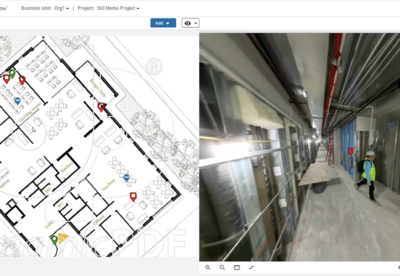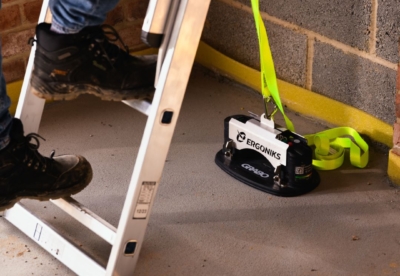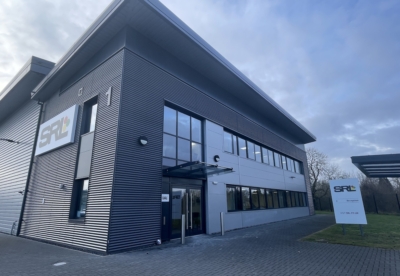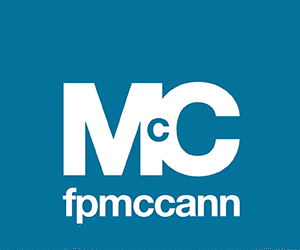Research from construction management software specialist Procore revealed 49% have also been able to deliver higher quality projects with fewer defects using smarter digital construction.
But almost two-thirds (64%) of managers are still using outdated manual tools, like spreadsheets, to measure performance.
Brandon Oliveri-O’Connor, Senior Director of EMEA, Procore said: “After a challenging year, it’s encouraging to see the transformational impact which the ability to access and use insights in real-time is having on the construction sector already, with many being able to boost efficiency and bolster bottom lines.
“As an industry, we must look beyond manual tools and seek smarter construction-specific solutions which not only allow on-demand and real-time access to insights, but the ability to analyse and draw conclusions from it.
“Only this high level of visibility will help inform better decision making and free people up to focus on higher value tasks like budgeting, forecasting, and project management.”
Rob Frank, Customer Experience Director, BW: Workplace Experts said: “The research which shows that 49% of UK&I construction managers have been able to deliver higher quality projects with fewer defects thanks to having visibility of performance truly resonates with us.
“As a company with a data-driven culture and vision of being Defect Free at practical completion, we too have found that the access and use of real-time insights has allowed us to get to the root cause of problems and revolutionise snagging in our business.
“Having visibility of performance has proved invaluable as thanks to giving us a 360 degree view of all our projects, we can understand how many days a particular trade or a specific team takes to resolve snags, which trade had the most, and what then, the most efficient way to go about resolving these are.
“Thanks to having Procore’s platform technology at our fingertips and specifically, Procore Analytics, our entire business is benefiting as we can put a bank of data to work to not only understand project-specific snags, but our own business cycles and as a result, make more informed-decisions and deliver better business planning.
“Using this technology has also saved us time as traditionally analytics implementations would have required an entire team of on-site staff, but now, they can be up and running within weeks and leveraged by existing project managers.”













.gif)






















 (300 x 250 px).jpg)































































